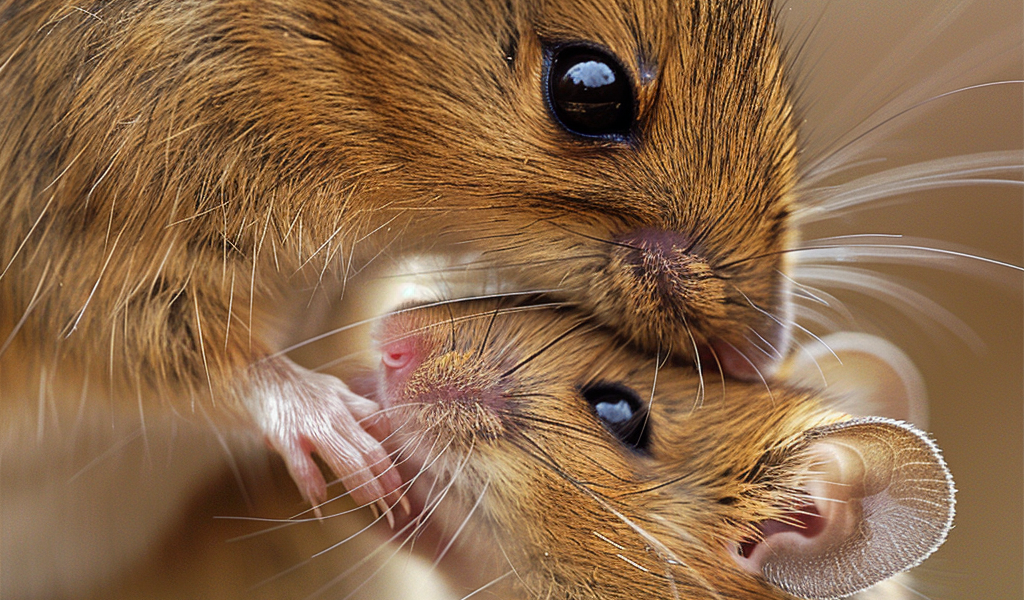A recent study published in Nature by scientists at Columbia University’s Zuckerman Institute has shed light on the discovery of a new hormone-producing cell that may explain the monogamous behavior observed in oldfield mice compared to their promiscuous rodent relatives.
The hormone, known as 20⍺-OHP, is produced by a unique adrenal cell type found in the monogamous mice. This hormone has been found to enhance nurturing behavior in mice, hinting at a potential link to monogamy.
The research, which identified a previously unknown cell type named ‘zona inaudita,’ suggests possible parallels between mouse and human parenting behaviors.
Key Findings:
- Unique Cells: Monogamous mice possess a distinct adrenal cell type that produces 20⍺-OHP.
- Behavioral Impact: 20⍺-OHP has been shown to increase nurturing behavior in mice.
- Human Connection: Insights from this study may offer understanding of human parental behavior and potential treatments for postpartum depression.
The study compared two species of mice, the deer mouse and the oldfield mouse. Despite being evolutionary siblings, these species exhibit starkly different mating behaviors. While the deer mouse is known for its promiscuity, the oldfield mouse displays monogamous behavior, forming lifelong pair bonds.
The researchers focused on the adrenal glands of these mice, crucial organs that produce various hormones influencing behavior. Dr. Andrés Bendesky, the lead investigator, highlighted the significance of these findings in understanding the role of hormones in shaping behavior.
Dr. Bendesky, an assistant professor at Columbia University, emphasized the importance of these hormone-producing cells in driving nurturing behavior in mice, providing valuable insights into potential mechanisms underlying monogamy.
This groundbreaking study not only uncovers a new hormone linked to nurturing behavior in mice but also opens up avenues for further research into the evolutionary and genetic factors influencing mating behaviors in mammals.
These findings may have broader implications for understanding human parental behavior and developing novel approaches for addressing conditions such as postpartum depression.





